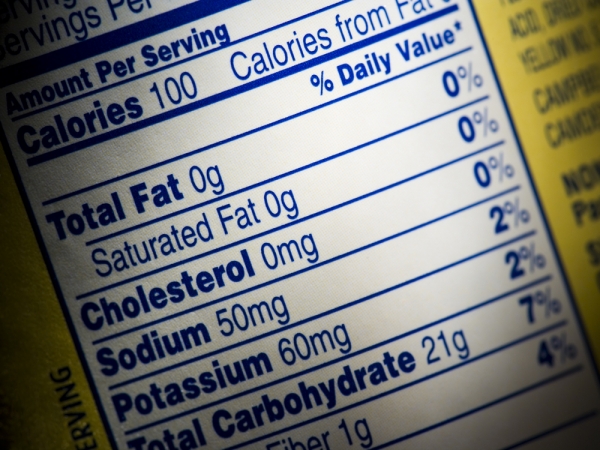As our lives grow increasingly busy and the stress and pressures from our jobs continues to build, our health typically takes the brunt of the blow. We’re sleeping less and spending more time in stressful circumstances. This invariably leads to poor dietary habits which deprives our bodies of nutrients and ultimately intensifies the health impacts we suffer. These dynamics are the primary reason for the popularity of acai, a berry that has been called a “super food.”
 Those who have used acai claim that it helps to alleviate many common ailments that have stymied doctors and other medical experts for years. But, what is acai? Where does it come from and what are its inherent benefits? Below, we’ll discuss the origins of this “super food,” the benefits of eating it and whether choosing it is the right dietary choice for you.
Those who have used acai claim that it helps to alleviate many common ailments that have stymied doctors and other medical experts for years. But, what is acai? Where does it come from and what are its inherent benefits? Below, we’ll discuss the origins of this “super food,” the benefits of eating it and whether choosing it is the right dietary choice for you.
Where Does Acai Come From?
The acai berry comes from trees that are native to the rain forests of Brazil. Rich in antioxidants and other nutrients, the berry has been consumed by the tribes and communities within the rain forests for years. Today, the pulp is extracted from the acai berry and used as a staple in these communities for a variety of dishes. Having been discovered by explorers years ago, the acai berry is harvested and exported to countries around the world. Companies that wish to leverage acai’s growing popularity in developed nations produce smoothies, juices and sorbets using acai.
Benefits Of Using Acai
There’s a long list of benefits that proponents (and marketers) of acai claim is inherent in the berry. Many of these benefits are likely due to the high level of antioxidants (specifically, anthocyanins) found within. These anthocyanins help prevent heart disease. In fact, it’s estimated that the acai berry has several times the level of anthocyanins as red wine (also known to help prevent heart disease).
The acai berry is also thought to contain a high level of important vitamins and Phytosterols. Vitamins A, B1, B2, C and E are found in great supply in the berry which helps your immune system battle illnesses and injuries. The Phytosterols in acai are believed to help your cardiovascular system function effectively. In addition, acai contains an assortment of fatty and amino acids that help your muscles regenerate while providing a significant boost of endurance and stamina.
There have even been links between acai and insomnia. Many people who use acai claim that the nutrients and antioxidants within the berry help to regulate the hormones and chemicals within the brain that cause sleeping disorders. Though much is unknown about acai, many nutritionists suggest that people begin taking it to help resolve many illnesses that conventional medicine seems unable to remedy.
Is Acai Right For You?
Researchers continue to test the potency of acai. But, despite how much still remains unknown about the fruit, many people have claimed that their problems with insomnia, weight loss and lack of stamina have largely been remedied by consuming acai on a daily basis. If you have been battling any of the symptoms or conditions mentioned above, consider adding acai to your daily diet.
Article by Damon Zahariades





 Those who have used acai claim that it helps to alleviate many common ailments that have stymied doctors and other medical experts for years. But, what is acai? Where does it come from and what are its inherent benefits? Below, we’ll discuss the origins of this “
Those who have used acai claim that it helps to alleviate many common ailments that have stymied doctors and other medical experts for years. But, what is acai? Where does it come from and what are its inherent benefits? Below, we’ll discuss the origins of this “